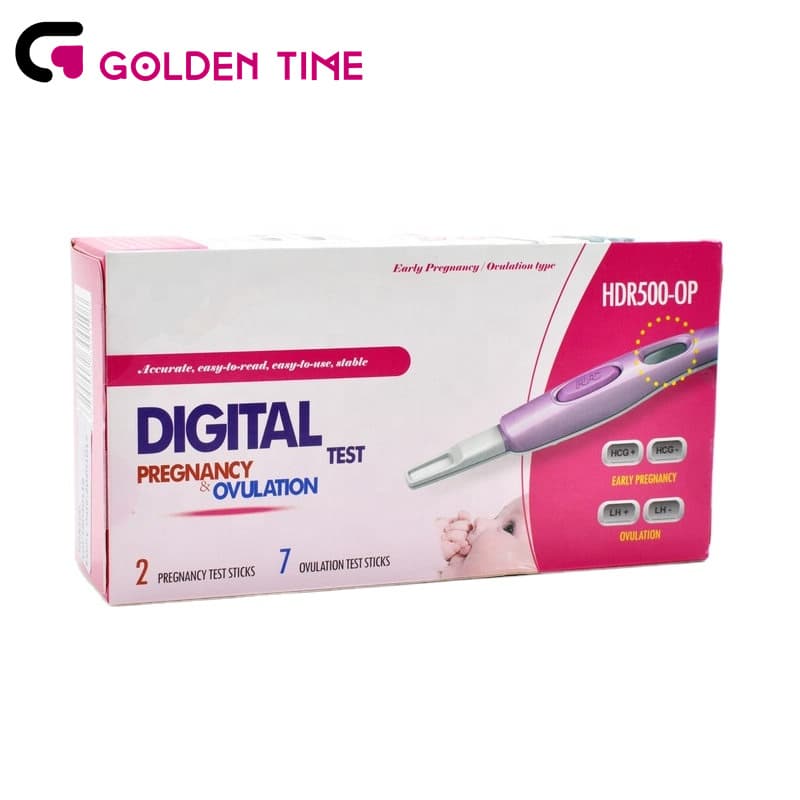Nov . 12, 2024 02:43 Back to list
diagnosis of malaria supplier
Diagnosis of Malaria The Role of Suppliers in Effective Treatment
Malaria remains one of the world’s most pressing public health challenges, particularly in tropical and subtropical regions. This parasitic disease is caused by Plasmodium spp., which is transmitted to humans through the bites of infected female Anopheles mosquitoes. The diagnosis of malaria is crucial for effective treatment and prevention strategies, and suppliers play a significant role in ensuring the availability of accurate diagnostic tools.
Importance of Accurate Diagnosis
Accurate diagnosis of malaria is essential for several reasons. Firstly, malaria can present with symptoms similar to other diseases, such as fever, chills, and fatigue. This overlap can lead to misdiagnosis, which may result in inappropriate treatment, prolonged illness, and increased mortality rates. Secondly, timely and accurate diagnosis is necessary to initiate appropriate treatment with antimalarial medications. The effectiveness of these treatments largely depends on how quickly they are administered after infection.
Diagnostic Methods
There are various methods for diagnosing malaria, including microscopic examination of blood smears, rapid diagnostic tests (RDTs), and molecular methods such as polymerase chain reaction (PCR). Traditional microscopy, although highly specific, requires trained personnel and suitable laboratory facilities. RDTs, on the other hand, provide quick results and are easy to use, making them ideal for remote areas with limited access to laboratory services. However, the reliability of RDTs can vary based on the quality of the test and the supply chain management.
Role of Suppliers
diagnosis of malaria supplier

Suppliers are critical in the malaria diagnosis landscape as they ensure the availability and quality of diagnostic tools. They play several vital roles in this ecosystem
1. Quality Assurance Suppliers must prioritize the provision of high-quality diagnostic tests to ensure accuracy. This involves strict adherence to international standards and guidelines, such as those provided by the World Health Organization (WHO). Quality assurance programs are essential to monitor and evaluate the performance of diagnostic products.
2. Accessibility Ensuring that diagnostic tools are available in endemic regions is a significant challenge. Suppliers need to develop distribution strategies that reach remote healthcare facilities where malaria is prevalent. This can involve partnerships with local organizations and governments to improve the logistics of getting diagnostic tools into the hands of healthcare providers.
3. Training and Support Suppliers can improve diagnosis accuracy by offering training programs for healthcare workers. Proper training ensures that medical staff know how to use diagnostic tools effectively and interpret the results accurately. This is particularly important for RDTs, as improper usage can lead to false results.
4. Innovation The malaria diagnosis landscape is rapidly evolving, with advances in technology leading to more sensitive and specific diagnostic methods. Suppliers can drive innovation by investing in research and development to bring new products to market. For instance, the integration of digital tools and mobile health technologies can enhance the accuracy and speed of diagnosis.
Conclusion
The role of suppliers in the diagnosis of malaria cannot be understated. They are essential in ensuring that high-quality diagnostic tools are not only available but also accessible and effective in detecting malaria in vulnerable populations. Collaborations between suppliers, governments, and healthcare providers can facilitate improvements in malaria diagnosis, ultimately contributing to the control and elimination of this life-threatening disease. As we continue to confront the malaria challenge, the focus must remain on strengthening the supply chain and enhancing diagnostic capabilities to save lives and promote health in affected regions.
-
Dengue NS1 Rapid Diagnostic Test Kit
NewsMar.07,2025
-
Dengue NS1 Rapid Diagnostic Test Kit
NewsMar.07,2025
-
Dengue NS1 Rapid Diagnostic Test Kit
NewsMar.07,2025
-
Transferrin Rapid Test Cassette Tumor Marker TF Card
NewsMar.07,2025
-
Malaria Pf Pan Rapid Diagnostic Test Kit
NewsMar.07,2025
-
malaria pf / pan ag rapid test
NewsMar.07,2025

